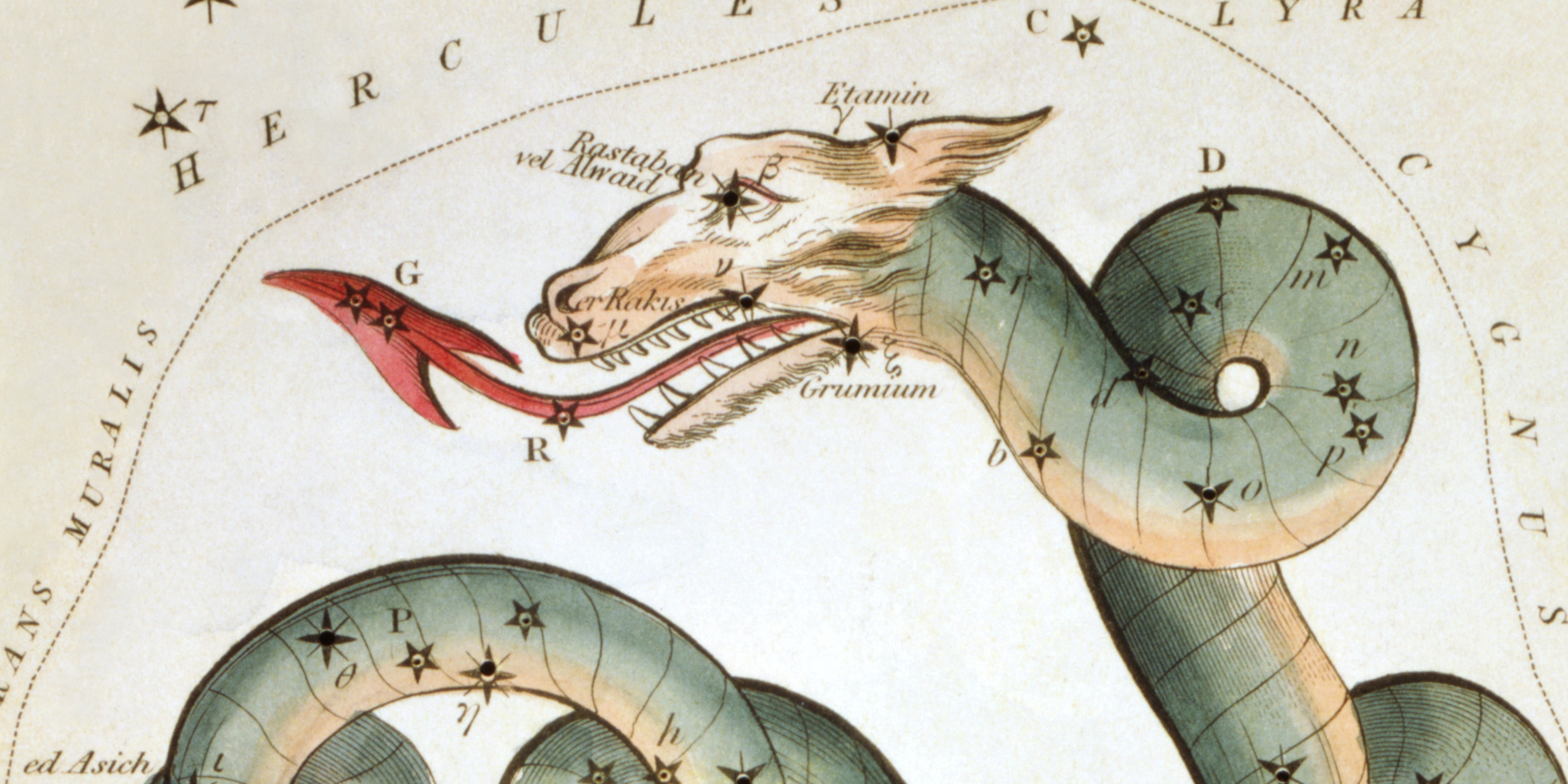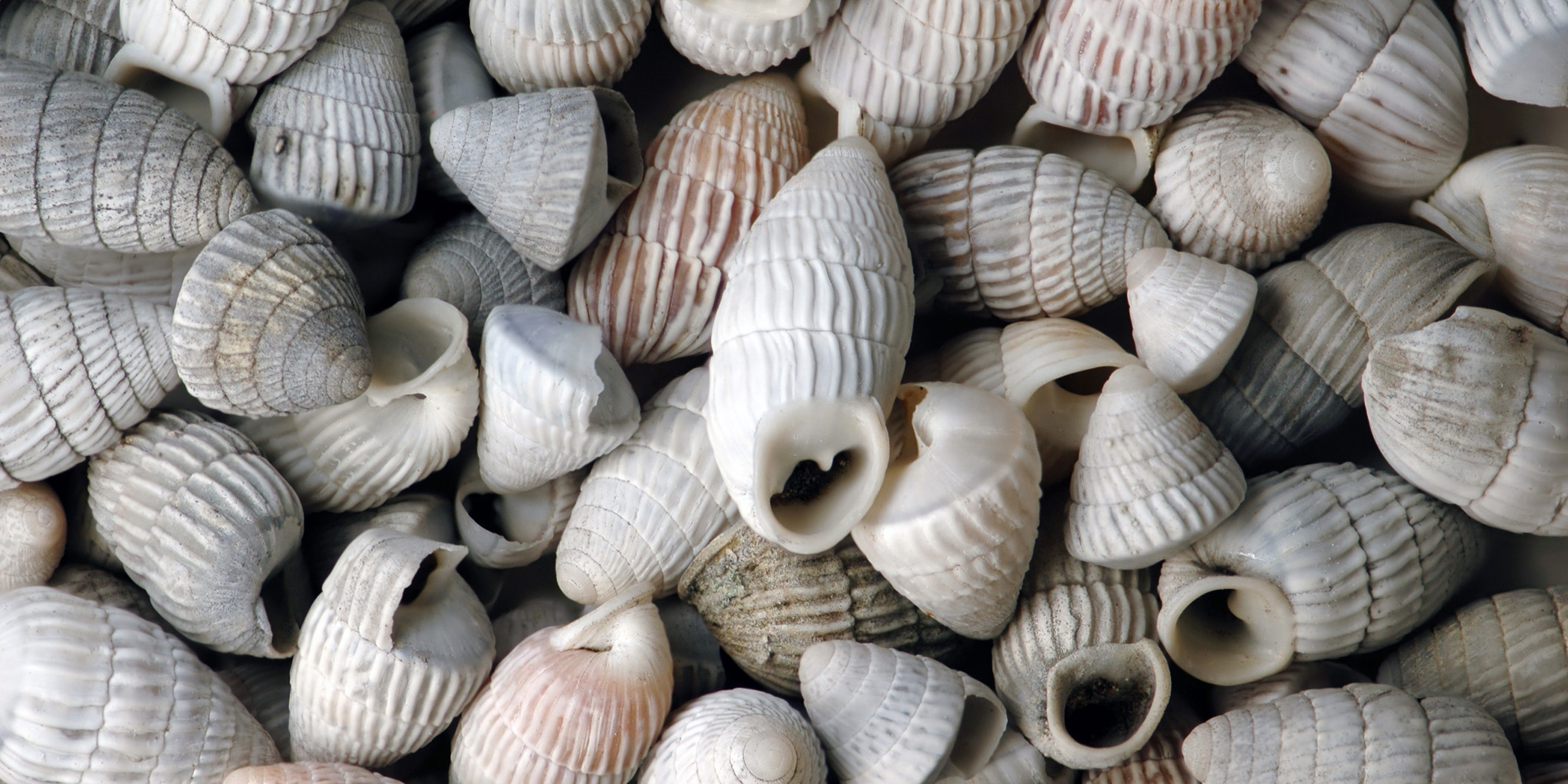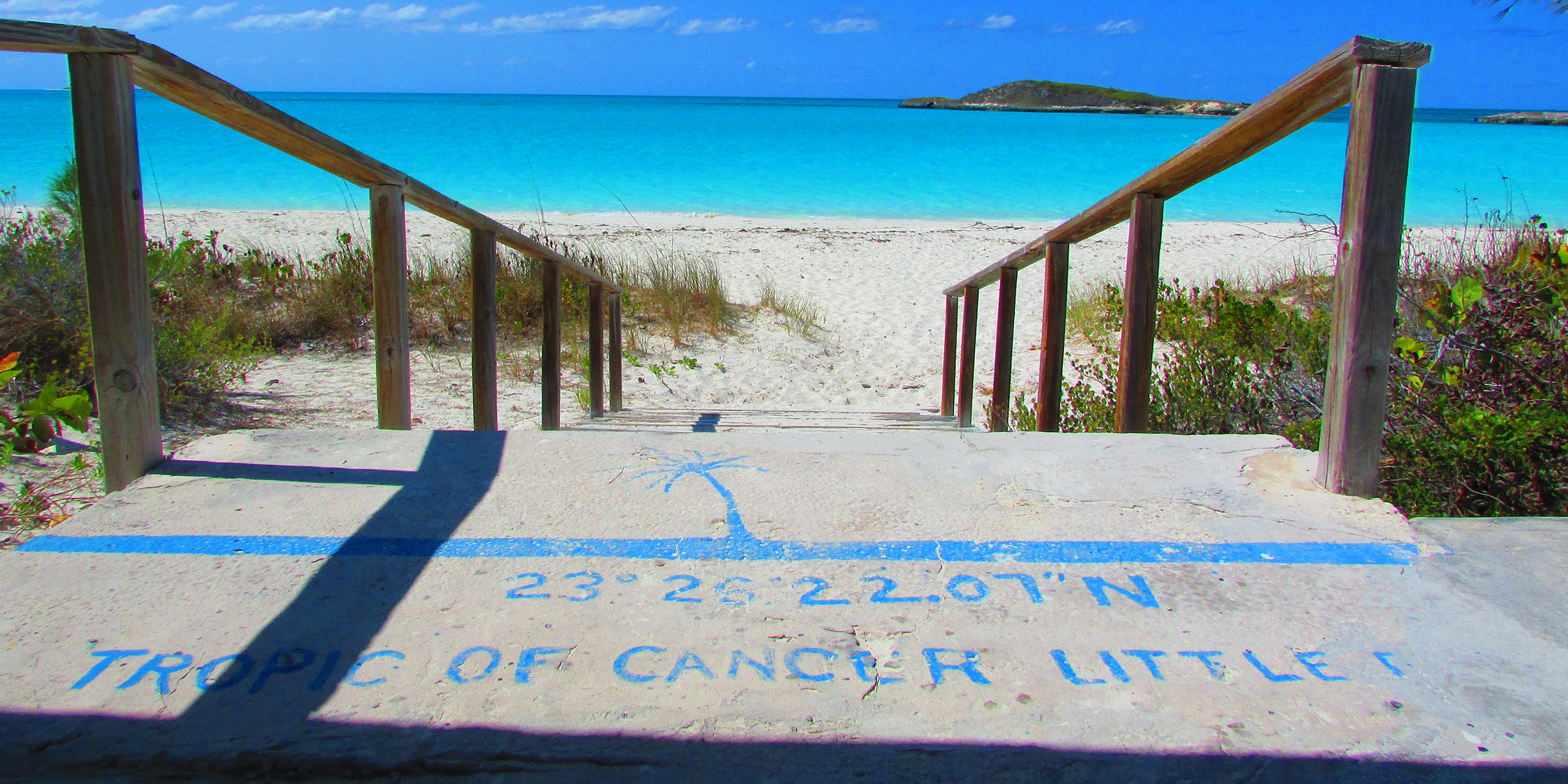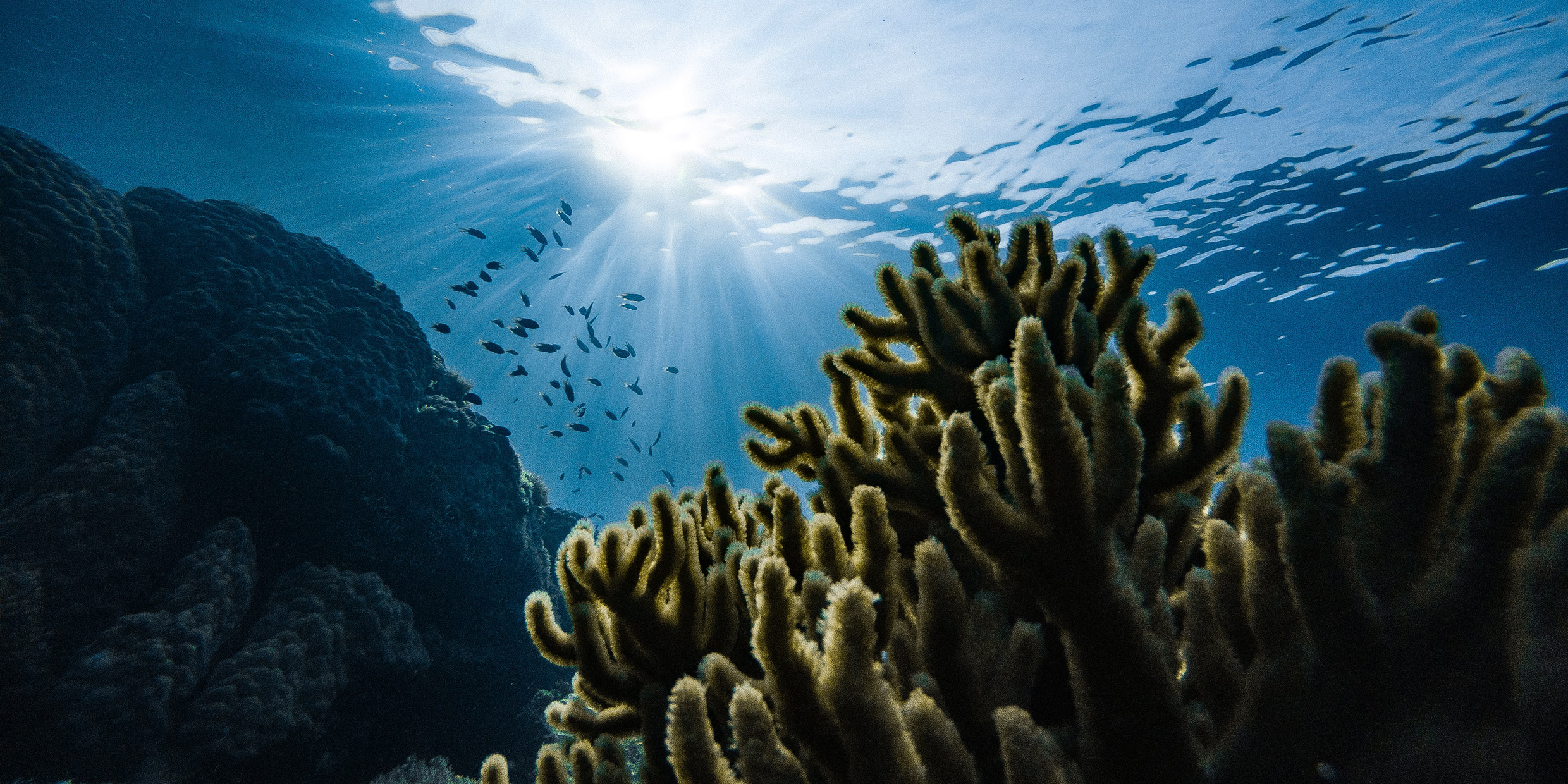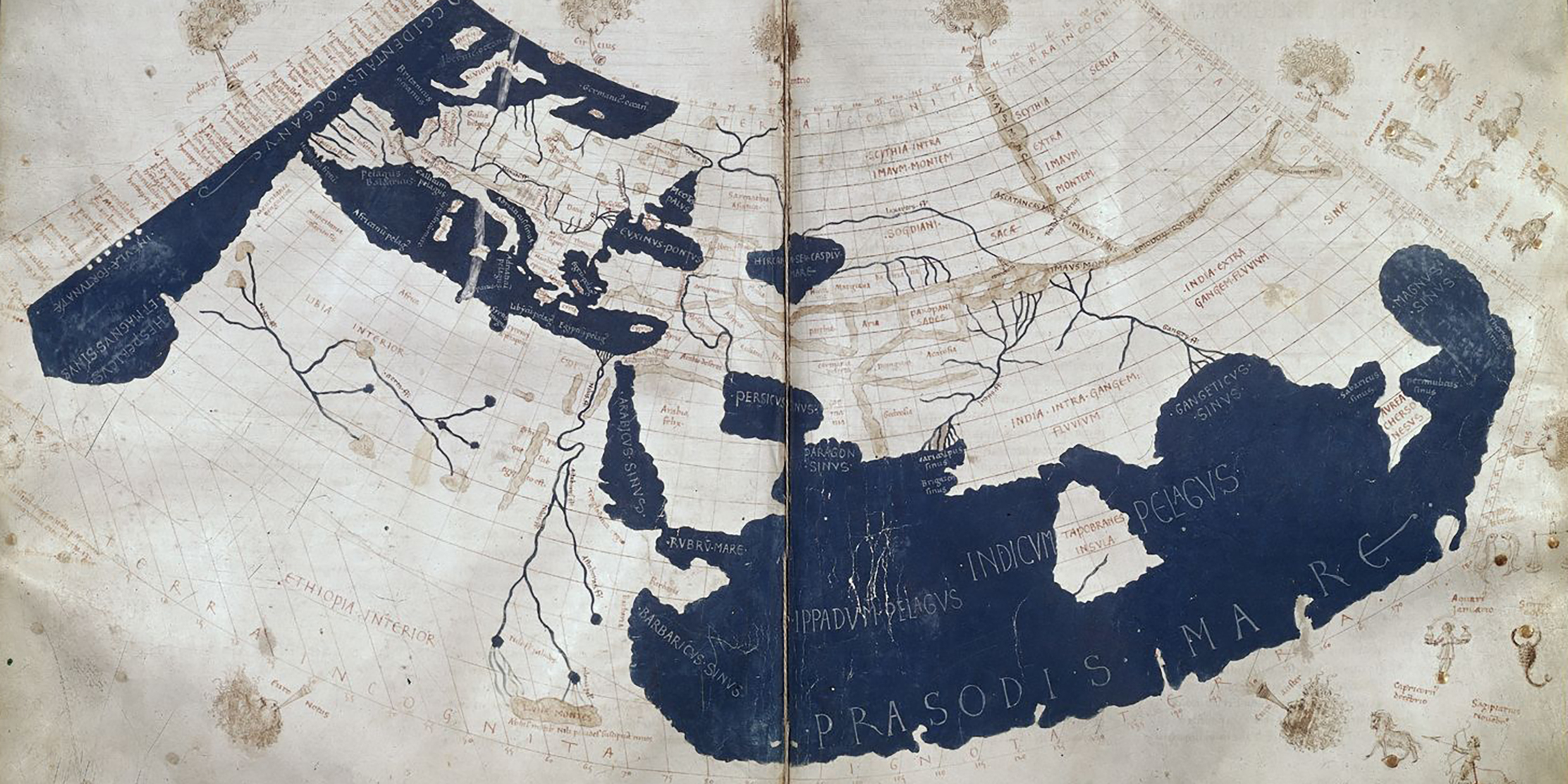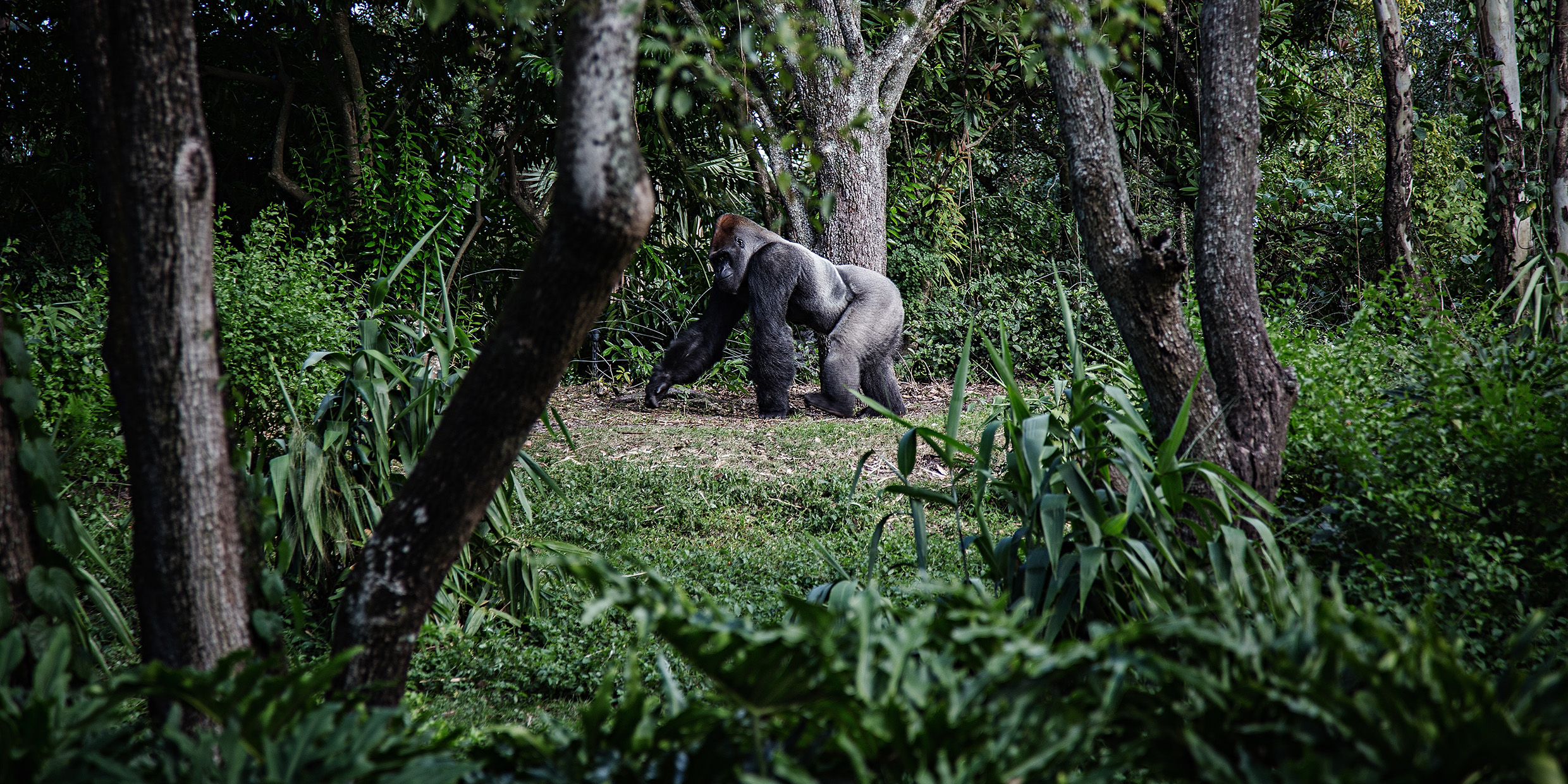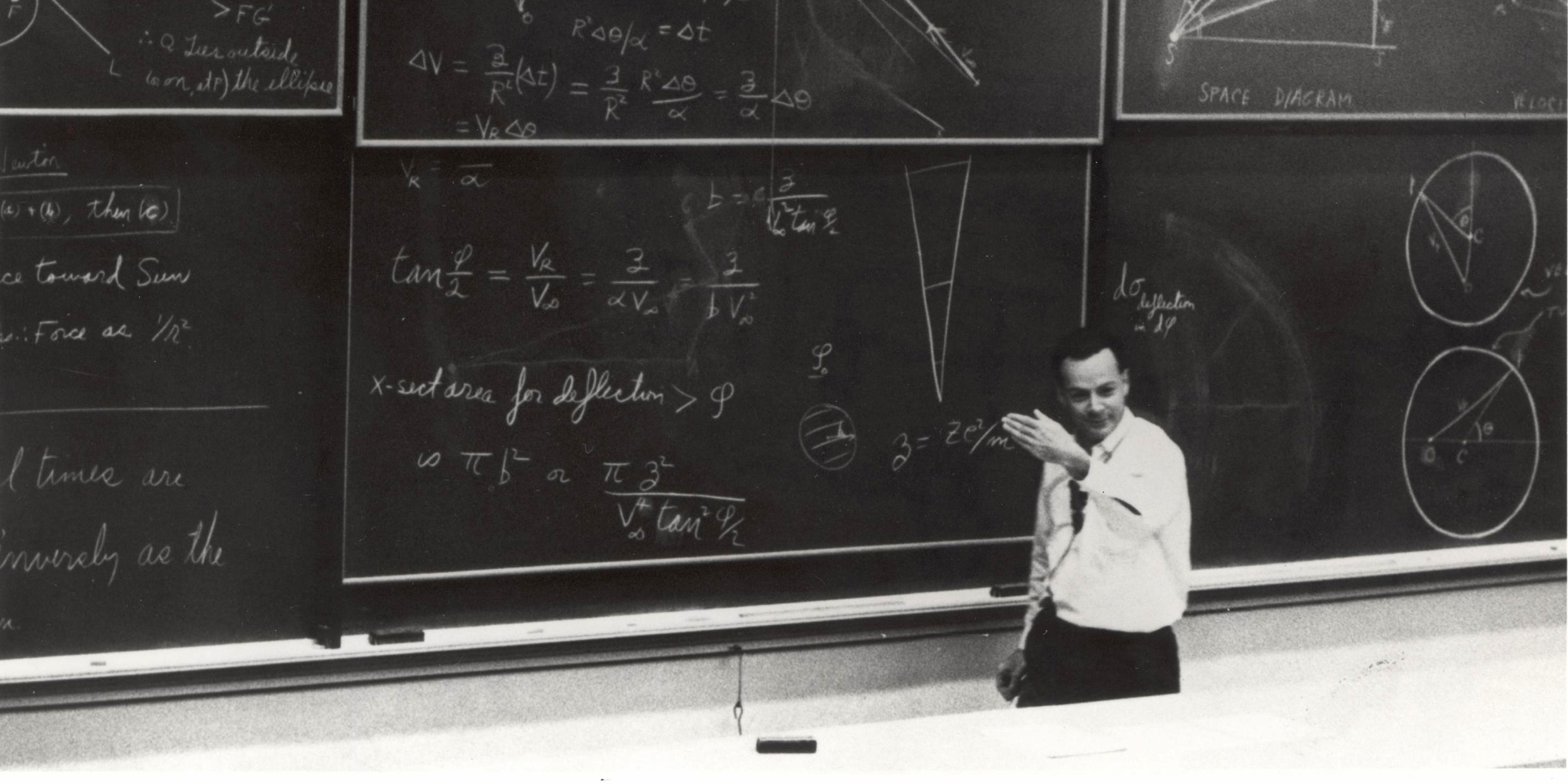If the Royal Observatory at Greenwich has a royal star, it has to be Gamma Draconis, also known as Eltanin, “the dragon’s head.” Eltanin is not an especially bright star, in a constellation, Draco, the Dragon, without any bright stars. But it does have a claim to local fame: It passes directly overhead London once each day.
Articles with Scientists
Finding science at the shoreline
The great 19th-century physicist James Clerk Maxwell said, “It is a universal condition of the enjoyable that the mind must believe in the existence of a law, and yet have a mystery to move about in.”
Gould’s last book is fitting epitaph
As it turned out, I was reading Stephen Jay Gould’s monumental new tome, “The Structure of Evolutionary Theory,” when I heard of his death from cancer last week at age 60.
The ancients’ forgotten think tank
Just back from a sunny sojourn on the Tropic of Cancer. Not far along the beach from where I was staying is a concrete slab with “23° 26′ 22.07″ North of the Equator” in big letters.
On a voyage 50 years ago, Steinbeck saw nature’s unity
On the afternoon of March 11, 1940, the Western Flyer, a 76-foot fishing boat, prepared to leave Monterey harbor in California. The boat was chartered by a writer who would later win the Nobel prize for literature, and his best friend, a marine biologist.
In Ptolemy’s maps, Columbus saw his destiny
In mid-February 1493, Christopher Columbus’ ships, the Niña and the Pinta, neared the Azores on their return journey from the New World. The flagship, Santa Maria, had been wrecked on the shore of what is now Haiti, and Columbus had left some of his crew behind at a place he called Navidad.
Gorillas in the myth
“Man’s curiosity and desire to control the world impel him to study living things,” wrote Robert Yerkes in the prologue to his book on chimpanzees, published just after his retirement as director of the Yale Laboratories of Primate Biology in 1942.
An envelope filled with history’s great scientists
Who was the most important scientist of all time?
Scientists say what they do is work, but we know better
“Ants do not play.” That’s what Harvard entomologists Bert Holldobler and E. O. Wilson say in their monumental new work “The Ants.”
Diagnosing Darwin
The father of evolution was worried sick.
